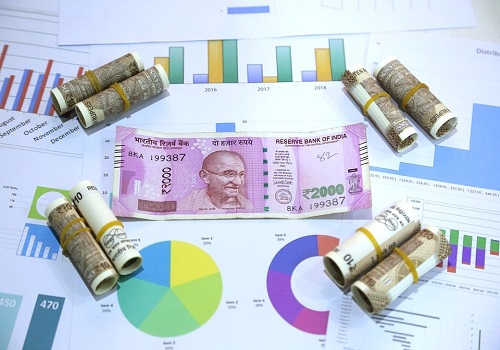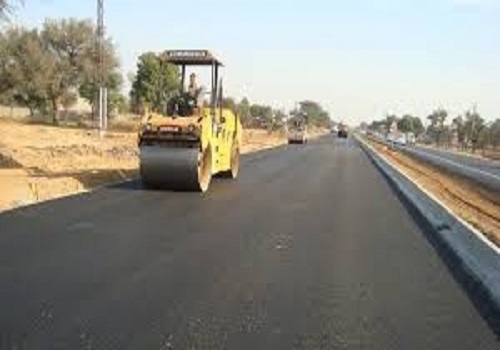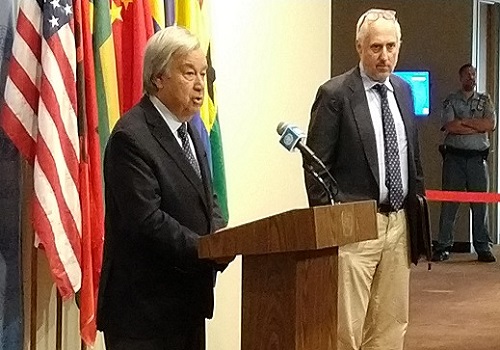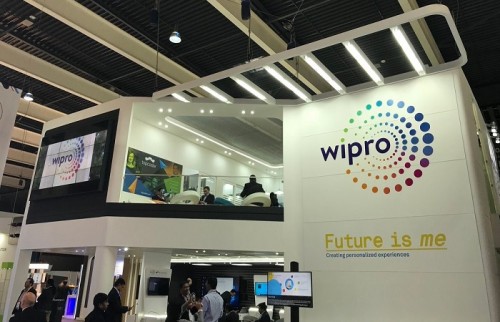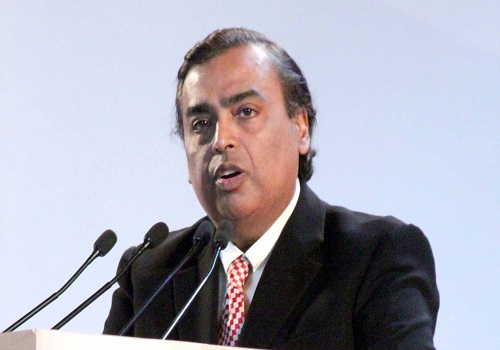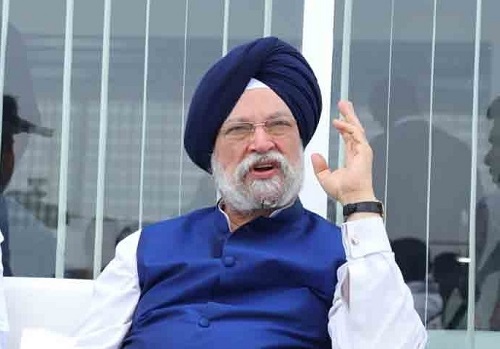Delhi-Meerut RRTS records first dynamic test run
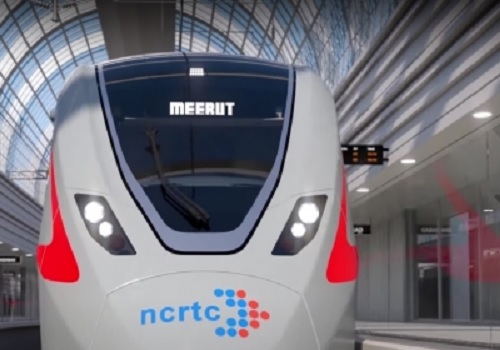
Follow us Now on Telegram ! Get daily 10 - 12 important updates on Business, Finance and Investment. Join our Telegram Channel
Delhi-Meerut Regional Rapid Transit System recorded the first dynamic test run of the RRTS trainset with the European Train Control System (ETCS) level 2 signalling over LTE communication network, on the test tracks in Duhai Depot in Ghaziabad.
Adopting this technology, which is suitable for the design speed of 180 kmph of RRTS, will allow the RRTS trains to move seamlessly from one corridor to another. This will help passengers travel comfortably without the hassle of changing trains and promote a modal shift to public transport.
Officials said that the test run was successful and the signalling system and the RRTS trainset operated with each other as per the technical expectations.
It is for the first time in the world that standard ETCS technology is being deployed by NCRTC on the LTE communication backbone for RRTS.
LTE provides a high throughput communication link, which will be used for mission-critical data, voice, IoT, important video and other important message exchanges between the train to the trackside and the operation control centre.
The Department of Telecommunication (DOT) has temporarily allocated a spectrum in the 900 MHz band for the commissioning of the LTE network for the priority section of Delhi-Meerut RRTS. For the allocation of spectrum in the 700 MHz band permanently, a reference has been made by DOT to TRAI and the recommendation of TRAI is expected soon.
ETCS technology is widely deployed globally on GMS-R communication networks in Europe and other countries. GSM-R technology will become obsolete in near future.
Commuter-centricity being a core value of NCRTC, it has strategically planned for interoperability between all three priority corridors of Phase 1 and the adoption of ETCS Level 2 signalling technology was crucial for enabling it.
Vinay Kumar Singh, MD, NCRTC said, "This is for the first time in the world that a combination of the latest ETCS Level 2, having Automatic Train Operation (ATO) over Long-Term Evolution (LTE) radio is being deployed. I am happy that despite this technological challenge and serious supply-chain constraints posed by the pandemic, NCRTC successfully procured the ETCS Level 2 Signalling system under Make in India guidelines and implemented it within the stipulated timelines."
He also said that "this step will be instrumental to create indigenous capacity for similar systems in the country."



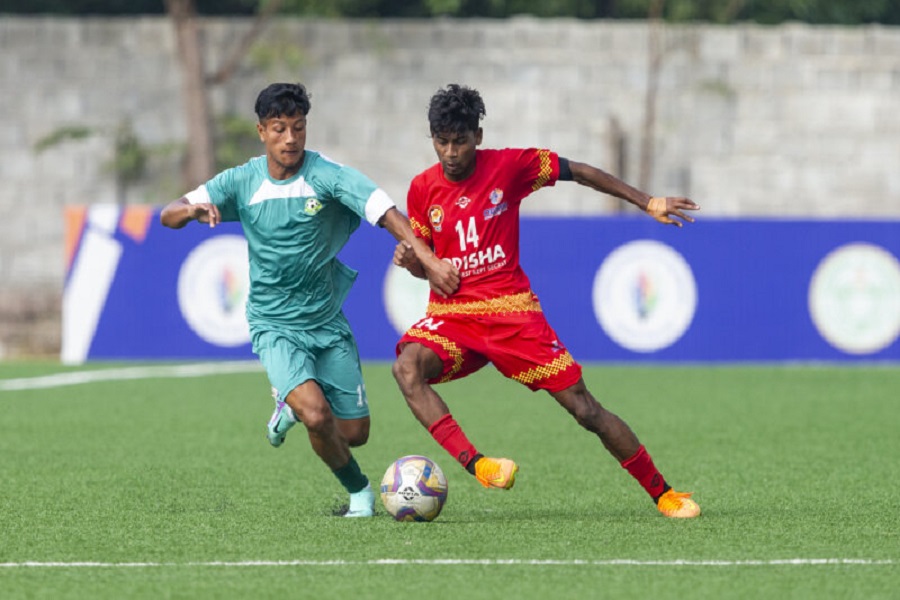





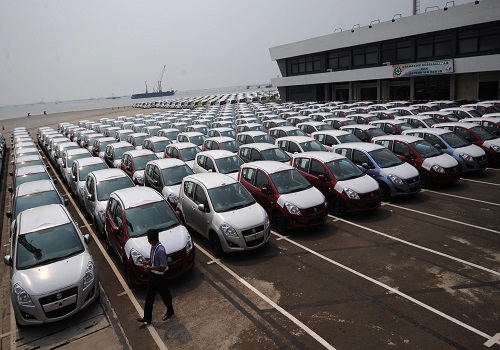


 320-x-100_uti_gold.jpg" alt="Advertisement">
320-x-100_uti_gold.jpg" alt="Advertisement">


